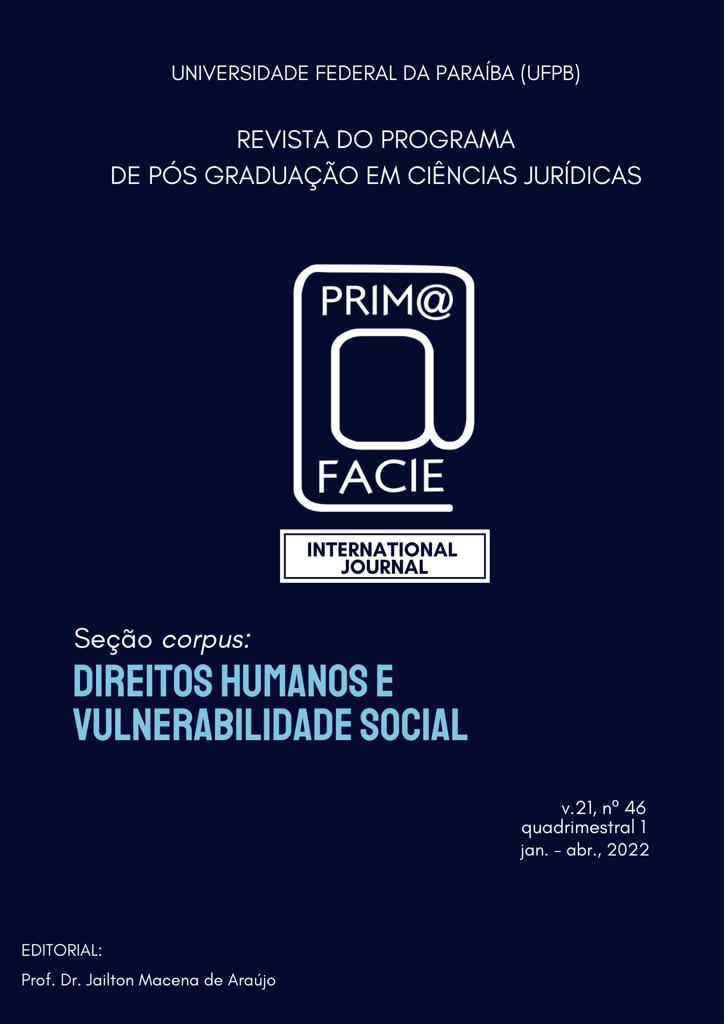Projections Of The Right To Development In The International Convention About The Rights Of Persons With Disabilities
DOI:
https://doi.org/10.22478/ufpb.1678-2593.2022v21n46.58576Keywords:
Right to Development, Persons with Desabilities, Social Model, International Convention about the Rights of Persons with DisabilitiesAbstract
This article presents the main projections of the right to development in the International Convention about the Rights of Persons with Disabilities, approved by the United Nations in 2007. Through a bibliographic and documentary review, the current conception of the right to development was identified, defined normatively from the thought of Amartya Sem; and notes that, currently, deficiencies must be understood in the light of the social model, which recognizes the social, political, cultural and historical barriers that prevent the full development of these people. In this sense, the right to development was related to the social model of approach. However, based on such theoretical premises, through a qualitative survey of development in the Convention, the clearest expressions and variations of such value were captured. It was concluded that the right to development was not taken into consideration by the United Nations when making this document, but it also integrates, implicitly and explicitly, a series of provisions, measures and obligations, with expressions that, after all, consign the right of persons with disabilities to the expansion of their qualities and freedoms.
Downloads
Downloads
Published
How to Cite
Issue
Section
License
Copyright (c) 2022 A Prim@ Facie detém direitos exclusivos de publicação e distribuição sob concessão absolutamente franca da parte do autor, ou autores.

This work is licensed under a Creative Commons Attribution-NonCommercial-NoDerivatives 4.0 International License.
Os autores estão cientes de que transferem seus direitos de publicação e distribuição à revista Prima Facie. Os autores autorizam o uso do trabalho para fins não-comerciais, incluindo direito de enviar o trabalho em bases de dados de Acesso Livre. As provas finais poderão não ser enviadas aos autores antes da publicação, seguindo a revista seu padrão técnico explicitado nas suas normas e nos formatos praticados em acordo com a CAPES e com padrões de excelência adotados. As opiniões emitidas pelos autores são de sua exclusiva responsabilidade não sendo a revista solidária da livre opinião exposta por eles.

